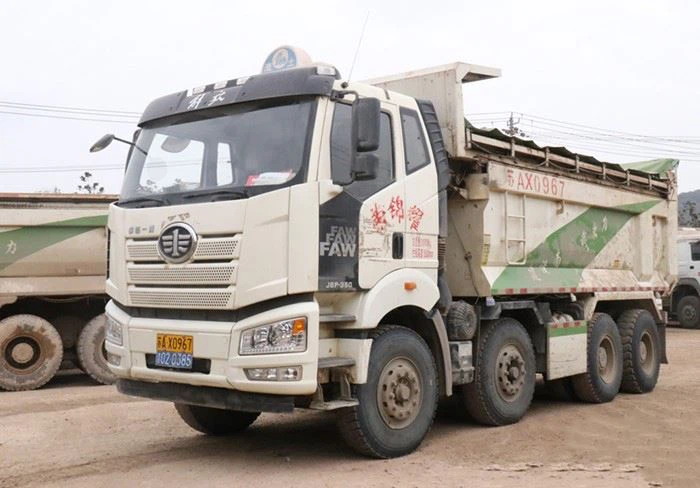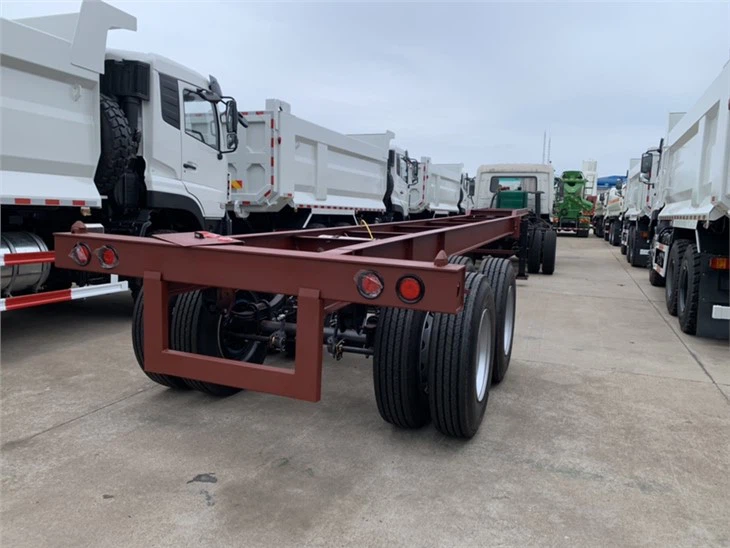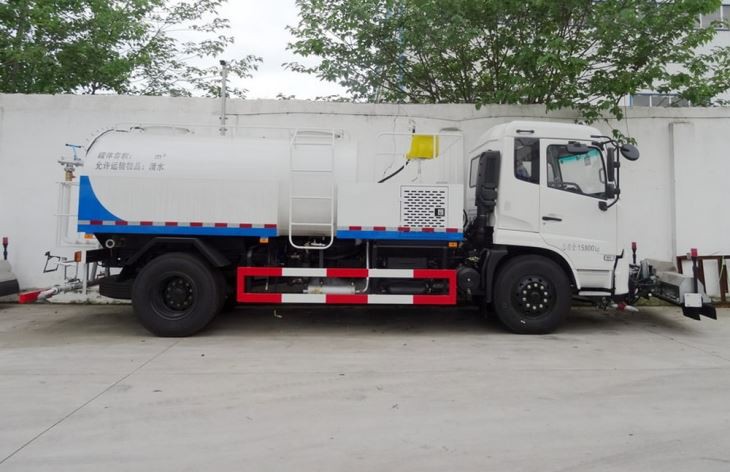What is a Combo Truck? A Comprehensive Guide

In the world of transportation and logistics, “combo truck” refers to a versatile piece of equipment that combines multiple functionalities into a single vehicle. This article delves into various aspects of combo trucks, from their design to their uses, advantages, and much more. With the rising demand for efficiency and effectiveness in the transportation industry, combo trucks are becoming an essential part of the solution.
The Basics of Combo Trucks
A combo truck, also known as a combination truck, is a vehicle that integrates several features and capabilities that traditionally require multiple vehicles. This includes the ability to transport various types of loads, accommodate different cargo sizes, and perform several functions. By using a combo truck, businesses can streamline their operations and reduce costs.
What Makes a Combo Truck Unique?

The unique selling point of combo trucks lies in their multifunctionality. Unlike standard trucks that are often designed for specific types of freight, combo trucks can adapt to various tasks, making them highly efficient in logistics:
- Versatility: Combo trucks are designed to handle multiple types of cargo, from construction materials to refrigerated goods.
- Cost-Effectiveness: By reducing the need for several vehicles, businesses can save on operational costs.
- Adaptability: Combo trucks often allow for easy changes in configurations, adapting to different delivery requirements.
Types of Combo Trucks
Combo trucks come in various types, each designed for specific applications. Understanding these variations can help businesses choose the right truck for their needs.
Dump Trucks
Dump combo trucks combine the capabilities of a standard dump truck with other functionalities. They are often utilized in the construction industry to transport loose materials like gravel, sand, and dirt.
Key Features of Dump Combo Trucks
- Hydraulic lift systems for easy unloading.
- Variable payload capacity.
- Rugged design for off-road conditions.
Refrigerated Combo Trucks
These trucks are specifically designed to transport perishable goods by integrating refrigeration systems into the vehicle. This type ensures that products remain fresh during transit.
Benefits of Refrigerated Combo Trucks
- Temperature control for sensitive cargo.
- Ability to transport a variety of goods in one trip.
- Reduced spoilage and waste costs.
How Combo Trucks Are Used in Various Industries

Combo trucks find applications across multiple industries due to their versatility. Understanding these uses can provide insights into their importance.
Construction Industry
In the construction sector, combo trucks are indispensable. They can transport heavy materials and equipment, thanks to their robust structure and high payload capacity. The ability to carry multiple load types makes them valuable for construction sites.
Food and Beverage Industry
The food and beverage industry benefits greatly from refrigerated combo trucks. These trucks ensure timely and safe delivery of perishables to grocery stores, restaurants, and other outlets.
Logistics and Supply Chain Management
In logistics, the ability to transport multiple types of goods within a single trip maximizes efficiency. Combo trucks reduce travel time and fuel consumption, making them a preferred choice for many logistics companies.
Benefits of Using Combo Trucks
Investing in combo trucks can offer numerous advantages that go beyond just their versatility.
Increased Efficiency
By consolidating the transportation of various goods into a single vehicle, businesses can optimize routes and reduce fuel consumption.
Lower Operational Costs
Only needing one vehicle instead of several significantly cuts costs on maintenance, insurance, and registration.
Improved Delivery Times
Minimal stops for loading and unloading enhance delivery times, allowing businesses to meet customer demands more effectively.
Factors to Consider When Choosing a Combo Truck
Choosing the right combo truck for your business requires careful consideration. Here are some critical factors:
Payload Capacity
Understanding your typical cargo loads is vital. Make sure to select a truck that can accommodate your maximum payload without compromising safety.
Vehicle Configuration
Evaluate various configurations, ensuring flexibility to adapt the truck for different needs.
Fuel Efficiency
Considering the environmental and financial implications of fuel consumption is essential. Opt for models known for better fuel efficiency.

Maintenance and Care for Combo Trucks
Proper maintenance is crucial to ensure longevity and optimal performance.
Regular Inspections
Conduct routine checks on the engine, brakes, tires, and hydraulic systems to identify potential problems early.
Cleaning and Preservation
Ensure regular cleaning to maintain the truck’s exterior and prevent rust and corrosion, especially for refrigerated models.
Service Records
Keeping detailed service records can help track maintenance schedules and identify patterns in service needs over time.
Real-World Examples of Combo Truck Applications
| Industry | Application | Type of Combo Truck |
|---|---|---|
| Construction | Transporting soil and materials | Dump Combo Truck |
| Food & Beverage | Delivering fresh produce | Refrigerated Combo Truck |
| Logistics | Multi-load deliveries to retailers | General Combo Truck |
FAQs about Combo Trucks
1. What is the average cost of a combo truck?
The cost of a combo truck varies widely based on its type, size, and features, typically ranging from $30,000 to over $100,000.
2. How do I know if a combo truck is right for my business?
Assess your business’s transportation needs, including load types and delivery requirements, to determine if a combo truck can meet them effectively.
3. Do combo trucks require special licenses?
Yes, drivers may need a commercial driver’s license (CDL) depending on the truck’s size and weight.
4. What maintenance should I perform on a combo truck?
Regular inspections, oil changes, brake checks, and cleaning are critical to keep a combo truck in good condition.
5. Can combo trucks be customized?
Yes, most combo trucks can be customized with different configurations and attachments to suit specific needs.
6. What are some safety considerations for driving a combo truck?
Ensure that the truck is load-balanced, maintained properly, and that the driver is trained in safe driving practices specific to combo trucks.
